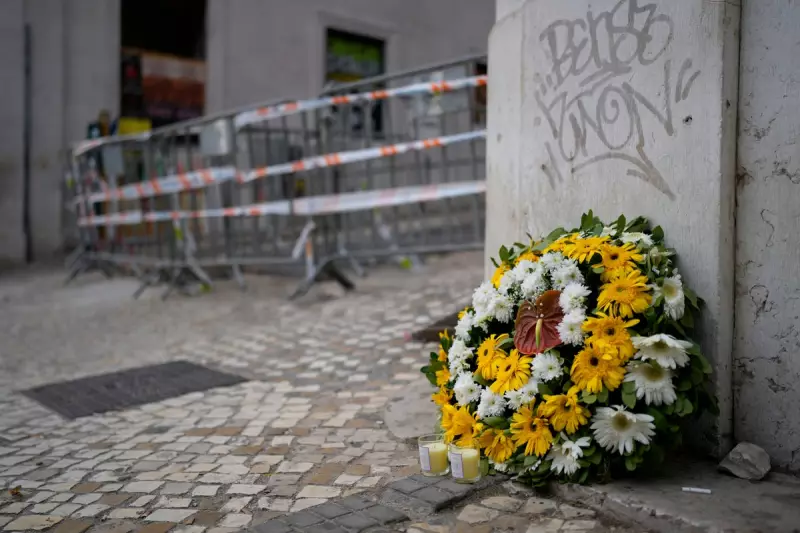
In a historic and solemn admission, the Catholic Church in Portugal has announced a sweeping plan to financially compensate thousands of victims who suffered child sexual abuse at the hands of its clergy.
The decision comes in the wake of a devastating independent report published last year, which concluded that at least 4,815 children were abused within the Portuguese Catholic Church since 1950. The report, compiled by a commission led by paediatric psychiatrist Pedro Strecht, exposed a decades-long crisis of endemic abuse and systematic cover-up.
A Landmark Commitment to Redress
The Portuguese Bishops' Conference, following a special meeting in Fátima, has pledged to approve a fund for reparations to be finalised in March. This fund is designed to provide monetary compensation to the victims, acknowledging the immense physical and psychological harm they endured.
"We are taking on the commitment to create a fund to be used for the repair of damages," stated the conference president, Bishop José Ornelas, in a press conference. This move signals a significant shift from the Church's previous defensive stance towards one of accountability.
Overcoming a Culture of Secrecy
For years, the scale of the abuse was hidden by a powerful culture of silence and institutional protectionism. The independent commission's work was pivotal in breaking this silence, gathering harrowing testimonies from over 500 victims and estimating that the true number of cases is likely far higher.
The commission criticised the Church for consistently prioritising its reputation over the safety and well-being of children, allowing predatory priests to continue their work by simply moving them to different parishes.
The Path to Healing and Justice
This initiative represents one of the most concrete responses by a national Catholic Church to a abuse scandal. While financial compensation cannot undo the past trauma, it is a crucial step towards official recognition and justice for the victims.
The Church's plan also includes continued efforts to improve child protection protocols within its institutions and to provide psychological support to those affected. The eyes of the world, particularly other Catholic nations grappling with similar histories, will be watching Portugal's implementation of this reparations programme closely.





